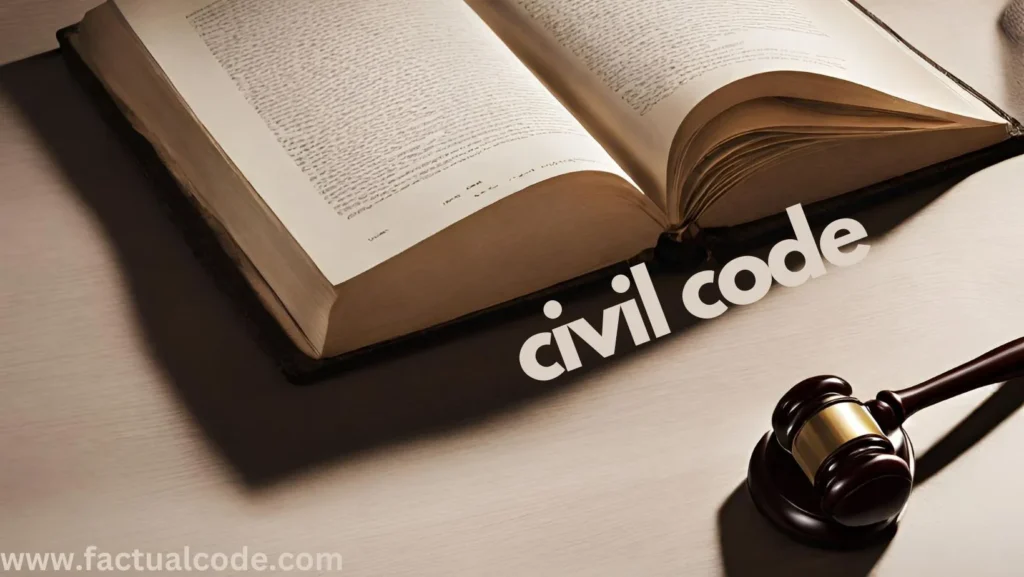The procedural and substantive dynamics governing the institution of legal proceedings by or against partnership firms in India are primarily regulated under the Indian Partnership Act, 1932 and the Code of Civil Procedure, 1908 (CPC). A nuanced understanding of these statutory frameworks is indispensable for appreciating the enforceability of partnership rights and the procedural legitimacy of suits involving such entities.
Juridical Framework Governing Litigation Involving Partnership Firms
1. Imperative of Registration – Section 69, Indian Partnership Act, 1932
Though the registration of a partnership firm is statutorily optional, Section 69 imposes significant constraints on unregistered firms with respect to the assertion of contractual rights through litigation.
Section 69(1): Precludes a partner of an unregistered firm from instituting a suit against the firm or fellow partners to enforce rights arising out of a contract.
Section 69(2): Bars an unregistered firm from initiating legal proceedings against a third party to enforce contractual obligations.
Section 69(3): Exempts certain categories of suits from these restrictions:
Actions for dissolution of the firm;
Proceedings for account and settlement post-dissolution;
Suits for realization of assets of a dissolved partnership.
⚖️ Judicial Insight: The aforementioned limitations do not extend to scenarios where an unregistered firm is a defendant; the prohibition is confined to the plaintiff’s capacity to sue.
II. Procedural Modality Under Order XXX, CPC
Order XXX of the Code of Civil Procedure, 1908 delineates the procedural architecture for instituting and contesting suits in the name of a partnership firm. This provision facilitates litigation involving firms by recognizing their collective identity.
| Rule | Provision | Doctrinal Explanation |
|---|---|---|
| Rule 1 | Permits firm to sue or be sued in its collective name | Legal fiction to enable procedural efficacy |
| Rule 2 | Mandates disclosure of partners | Court may compel detailed naming of partners in pleadings |
| Rule 3 | Summons deemed served on any partner | Service on one partner is legally sufficient |
| Rule 4 | Execution of decree against partners | Requires leave of the court to proceed individually |
| Rules 5–10 | Ancillary provisions | Address appearance, insolvency, and foreign firm representation |
🖋️ Essential Filing Requisites:
The plaint must specify the firm’s name and list its constituent partners;
A suit to enforce contractual rights must be initiated only by a registered firm.
III. Procedural Mechanics of Firm Registration (Section 58)
To attain enforceability under Section 69, a firm must undergo the statutory registration process prescribed in Section 58 of the Indian Partnership Act:
Sequential Process for Registration:
Submission of application in prescribed format containing:
Firm’s name
Principal place of business
Identity and addresses of partners
Dates of partners’ admission
Application must be attested and verified by all partners or their duly authorized agents.
Lodged with the Registrar of Firms having jurisdiction.
Upon due verification, particulars are entered into the Register of Firms.
A formal Certificate of Registration is then issued, confirming the firm’s legal status.
✅ Registration enables the firm to institute suits enforcing contractual rights, in consonance with Section 69(1) and (2).
IV. Judicial Exegesis and Case Law
Key judicial decisions have clarified the ambit and applicability of these statutory provisions:
| Case Name | Citation | Doctrinal Contribution |
| M/s Shreeram Finance Corp. v. Yasin Khan | AIR 1989 SC 1769 | Reinforced the statutory bar on suits by unregistered firms to enforce contractual claims |
| Raptakos Brett & Co. Ltd. v. Ganesh Property | (1998) 7 SCC 184 | Extended the Section 69 bar to specific performance suits |
| Durga Das v. Preete Chand | AIR 1966 SC 1600 | Clarified that the Section 69 prohibition is inapplicable to suits in defense |
V. Doctrinal Demarcation – Substantive vs. Procedural Law
| Dimension | Substantive Framework | Procedural Framework |
| Legal Source | Indian Partnership Act, 1932 | Code of Civil Procedure, 1908 |
| Subject Matter | Rights, liabilities, and constraints (e.g., bar on unregistered suits) | Manner and mechanism of suit filing, service, and decree execution |
| Illustrative Provision | Section 69 – Restriction on suits by unregistered firms | Order XXX – Litigation in firm’s name and service protocol |
Conclusion
The institution of suits by or against partnership firms involves a complex interplay of procedural provisions and substantive legal mandates. While Order XXX of the CPC permits firms to litigate under their trade name for procedural efficacy, the Partnership Act imposes statutory conditions precedent, primarily through the requirement of registration for the enforcement of contractual rights. Unregistered firms, though competent to defend actions, lack the legal standing to initiate suits rooted in contractual obligations, barring the exceptions carved out under Section 69(3).
📚 Scholarly Advisory: It is doctrinally imperative to ascertain whether the firm is duly registered and whether the claim arises ex contractu. These two axes decisively determine the maintainability of suits initiated by partnership firms.
Recommended Posts
Understand the mandatory requirements under Section 80 CPC before filing or defending a suit involving the Government.
Learn how to systematically study CPC with tips to understand its structure, orders, and key procedural aspects for exams or practice.
Explore the basic rules for computing limitation periods under the Limitation Act, including exclusions and extensions.
Understand Order II Rule 2 of CPC with illustrations showing why a plaintiff must include all claims from the same cause of action.

